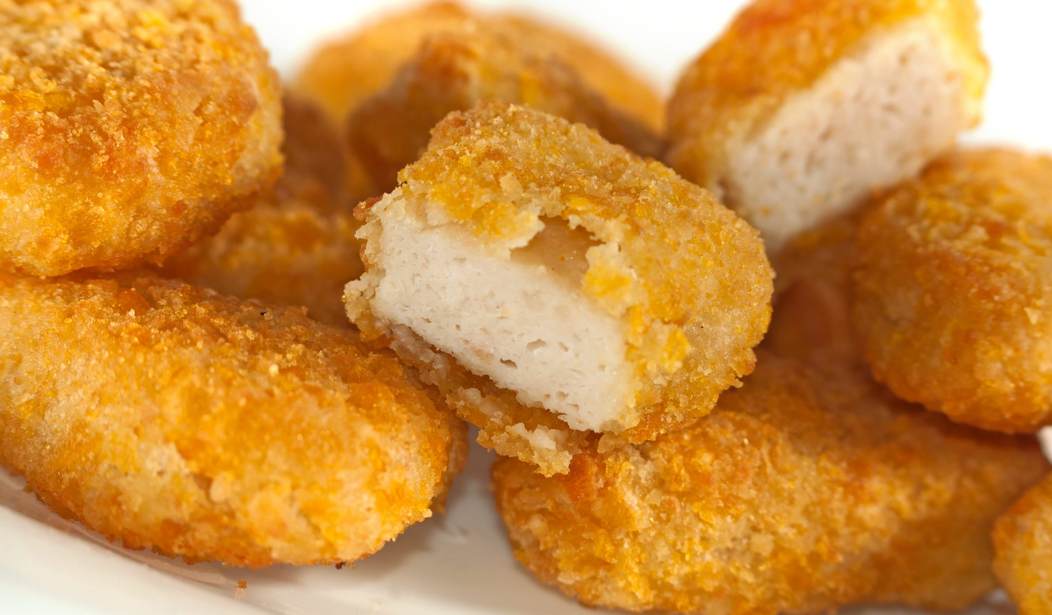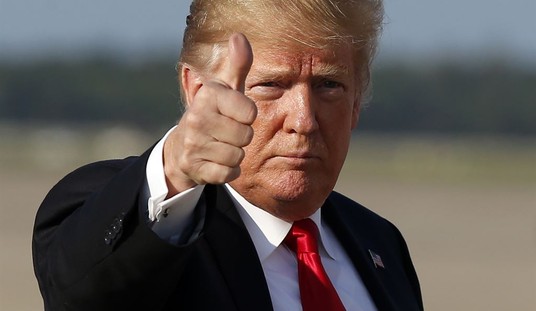It may not rank with some of the great bamboozles of history like the “Gay Girl in Damascus” social media hoax of 2011, but the prank pulled off by a South Florida high school student is at the very least the first social media flimflam of 2016.
John Correa, under the Twitter handle “Zealot,” tweeted to the world he had just quit his job at a Burger King. Not only did he tell BK to take their job and shove it, but Correa said he had stolen all of the chicken nuggets from the restaurant where he worked.
Correa tweeted, “Today was my last day working at Burger King so I took all of their nuggets. F#@k it.” He even embedded a video of himself riding in a car carrying bags of chicken nuggets.
Correa fed the fire by posting tweets describing how friends and relatives were begging for a share of his chicken-nugget bounty.
It was such a believable hoax that Correa’s creation of a deep-fried golden parachute was posted on the front page of the website fark.com and featured on a Miami TV station.
Only this was true: Correa was in a car loaded down with nuggets. His manager had asked him to go to another Burger King and pick up some extra nuggets for their restaurant.
Correa is still working at that Burger King restaurant and he and his fellow employees are still laughing about his stunt.
Of course, it is not the first time the media has been fooled by what in retrospect seems to be an obvious case of chicanery.
There was that 2011 story of Amina Arraf, a blogger who described herself as a “gay girl in Damascus” who was taken away by government security agents in Syria. The U.S. State Department even investigated. But it turned out Amina was really a peace activist in Georgia, trying to make a point. And on top of that, “Amina” was actually a guy.
Still, even when the MSM gets fooled, they seem willing to at least tip a hat to the pranksters, as the New York Daily News did in December with its list of some of the top social media hoaxes:
- Mexican Drug Lord to Battle Terrorists: The blogosphere was buzzing in 2015 with the news that Mexican drug lord Joaquin (El Chapo) Guzman had threatened to go to war with ISIS. Even though there was no truth to that, the Daily News noted, “It did, however, show how quickly ordinary people will begin cheering for a homicidal drug dealer.”
- Fifteen Days of Darkness: The story that shocked the world told of how the Earth was going to experience a “November Blackout” due to an astronomical event involving Venus, Jupiter and the Sun. This celestial event, the web and social media traffic said, would lead to 15 days of darkness. NASA scientists had to reassure us that it was based on fake photos of the sun. They were right. It never happened.
- Charlie Brown Christmas Special Warning: Social media went crazy in December when it was revealed that the annual TV show would include a warning that it “contains strong Christian messages and may be offensive to some viewers.” No such warning appeared before, during or after the show.
- Phuc Dat Bich: The warning of more than two weeks of darkness, the cautionary tale of pro-Christian messages in the Charlie Brown Christmas TV special, and the exciting prospect of a Mexican drug lord going to war with ISIS are outstanding entries for the Social Media Hoax of 2015 award. But they dim in comparison to the claim that a Vietnamese man, named Phuc Dat Bich, according to his Australian passport, was discriminated against by Facebook. This one went viral in November 2015. Media from the Sydney Morning Herald to BBC reported it as fact without bothering to talk to Phuc Dat Bich. If the media had bothered to talk to Mr. Bich, they would have learned he was a 23-year-old Melbourne man trying to fool the media, which he did, and point out what he saw as problems with Facebook’s “real name” policy. The man identified himself as “Joe Carr” in a Facebook post that explained it all. That’s probably a phony name, too. The Guardian pointed out “Joe Car” could refer to “joker.” Should the lack of journalistic investigation be considered an anomaly or in the least surprising?John Correa doesn’t think so, at least not after what he has seen.Correa told WPLG-TV in Miami he couldn’t believe how many media venues ran the story without asking him if it was true.
“I realized that media just jumps and attacks anything that they see to try to get attention and fame for the network,” Correa said. “And it’s pretty pathetic, honestly.”









Join the conversation as a VIP Member